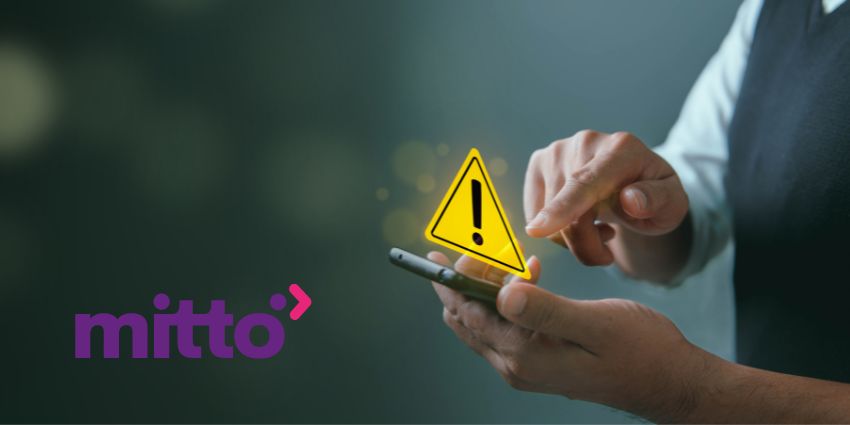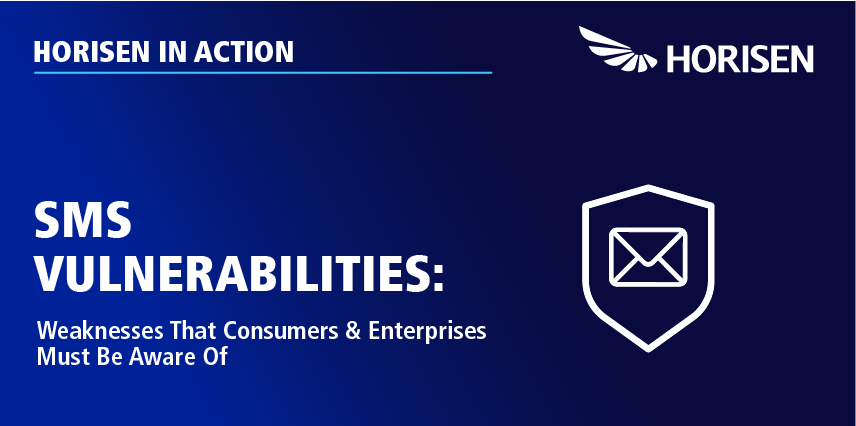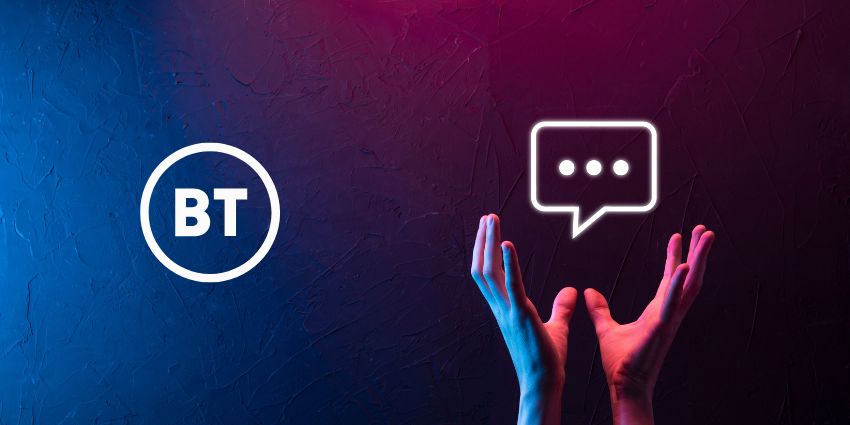This Wednesday, trending tech firm OpenAI the group behind ChatGPT, announced new enterprise-grade APIs to assist businesses in leveraging the service for bespoke use cases.
Following the launch of ChatGPT Plus in February and as part of OpenAI’s effort to monetize the service, the platform’s latest enterprise APIs allow clients to integrate the AI service into applications, websites, and products.
The “gpt-3.5-turbo” API allows ChatGPT to provide a business-optimized AI service to drive various brand experiences. ChatGPT enables enterprise clients to create AI-generated content for CX use cases. The platform distributes its new API at $0.002 per 1,000 tokens, which equals roughly 750 words.
Gpt-3.5-turbo allows OpenAI to meet consumer demand and scale while also attempting to cover increasing operational costs, according to Greg Brockman, the President and Chairman of OpenAI.
Brockman also mentioned that it’ll take his firm “a while to get these APIs to a certain quality level.” Talking to TechCrunch, he explained:
If you’re building an AI-powered tutor, you never want the tutor to just give an answer to the student. You want it to always explain it and help them learn — that’s an example of the kind of system you should be able to build.
OpenAI will continue to build its gpt-3.5-turbo API to secure a “usable and accessible” solution for enterprise clients.
According to Brockman, in the future, OpenAI will consider adding new “context windows” to ChatGPT, allowing users to process company information pages.
The context windows are starting to creep up, and part of the reason that we’re dedicated-capacity-customers-only right now is because there’s a lot of performance tradeoffs on our side. We might eventually be able to offer an on-demand version of the same thing.
Who Is Using Gpt-3.5-Turbo?
Firms such as Snap, Quizlet, Instacart, and Shopify are already leveraging the new ChatGPT API.
Snap is already leveraging the new ChatGPT API to support MY AI, the firm’s chatbot for its Snapchat+ premium service. For £3.99, Snapchat + subscribers can use the platform to access a ChatGPT-powered AI bot to fulfil basic requests. Much like the introduction of gpt-3.5-turbo, the premium Snap AI service helps to monetize the ChatGPT service further.
Moreover, Quizlet is using the new API to create Q-Chat, a virtual tutoring service. Shopify also uses the API to secure personalized assistance and CX solutions to provide shopping recommendations during a buyer’s journey.
Additionally, Insatcart is using the gpt-3.5-turbo API to improve CX operations, allowing customers to gain data relating to products and partners.
The Chief Architect of Instacart, JJ Zhuang, believes that the new API allows firms such as his own to create smart solutions that can assist with everyday life.
Zhuang explained:
Grocery shopping can require a big mental load, with a lot of factors at play, like budget, health and nutrition, personal tastes, seasonality, culinary skills, prep time, and recipe inspiration. What if AI could take on that mental load, and we could help the household leaders who are commonly responsible for grocery shopping, meal planning, and putting food on the table — and actually make grocery shopping truly fun? Instacart’s AI system, when integrated with OpenAI’s ChatGPT, will enable us to do exactly that, and we’re thrilled to start experimenting with what’s possible in the Instacart app
Fueling Profit Following Microsoft Purchase
In January, Microsoft purchased roughly 49 percent of OpenAI for $10 billion. The technology giant put massive stakes into AI technology following last year’s general stock crashes and the seeming demise of the Hololens – Microsoft immersive workplace solution.
Microsoft is looking to fuel the future of work and communications with its OpenAI investment.
The firm is currently integrating AI chatbot functions into its Azure and 365 suites. Moreover, Microsoft is integrating OpenAI technology to improve Teams, adding enhancements such as echo cancellation, de-reverberation, and bandwidth-sensitive video optimisation.
Microsoft is also integrating OpenAI solutions into its Bing search engine. At the same time, Google is promoting Barb as an alternative to ChatGPT, although Google’s attempt has faced hurdles since inception – such as a poorly reviewed online demo.
Microsoft remains dedicated to supporting OpenAI as the firm attempts to monetize its emerging and innovative solution. The firm is committing to a multi-billion dollar deal to support OpenAI’s innovations in the future.
Learn more about ChatGPT and its prospects in customer service by reading our article: The Latest on ChatGPT and Its Potential In the Contact Center







